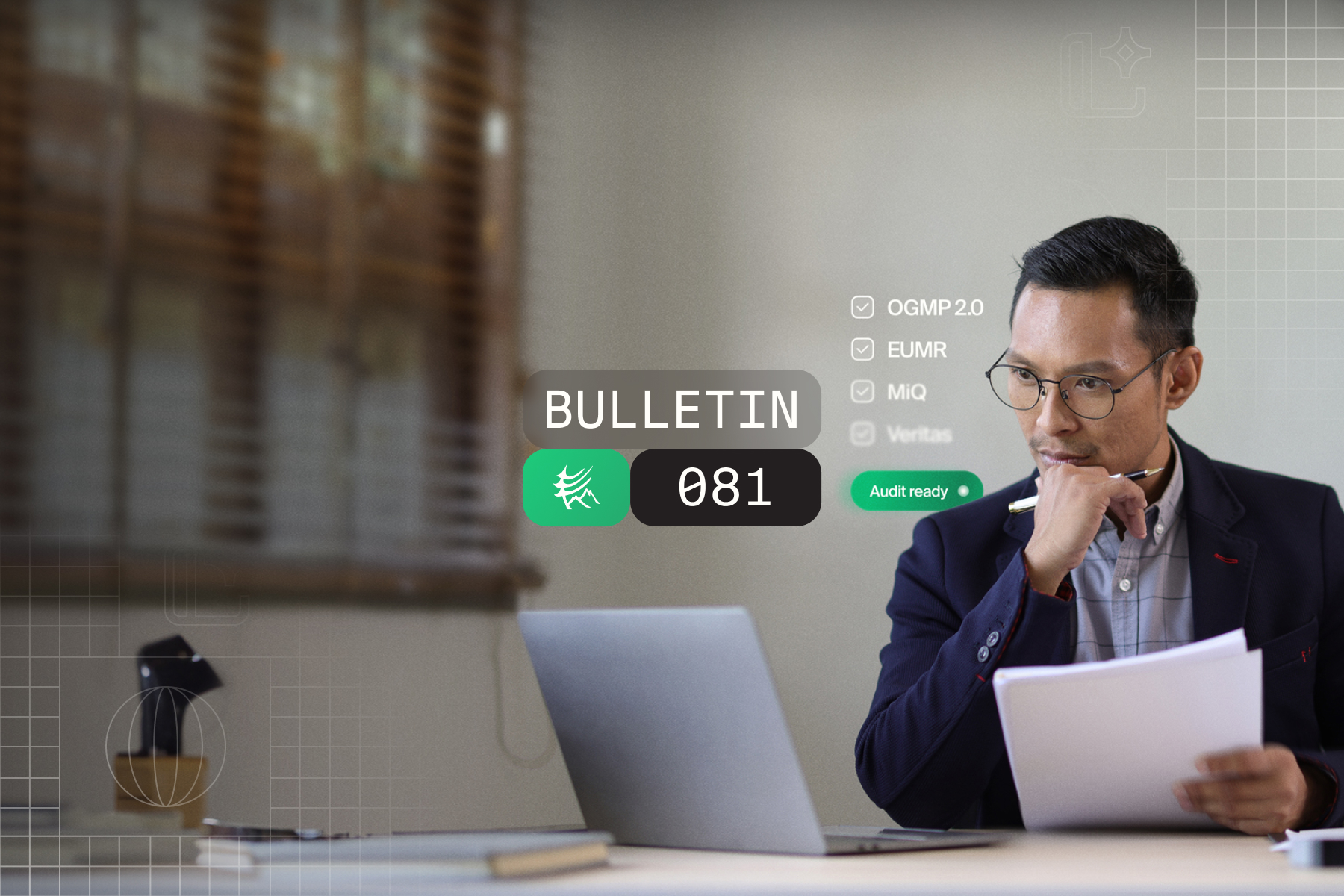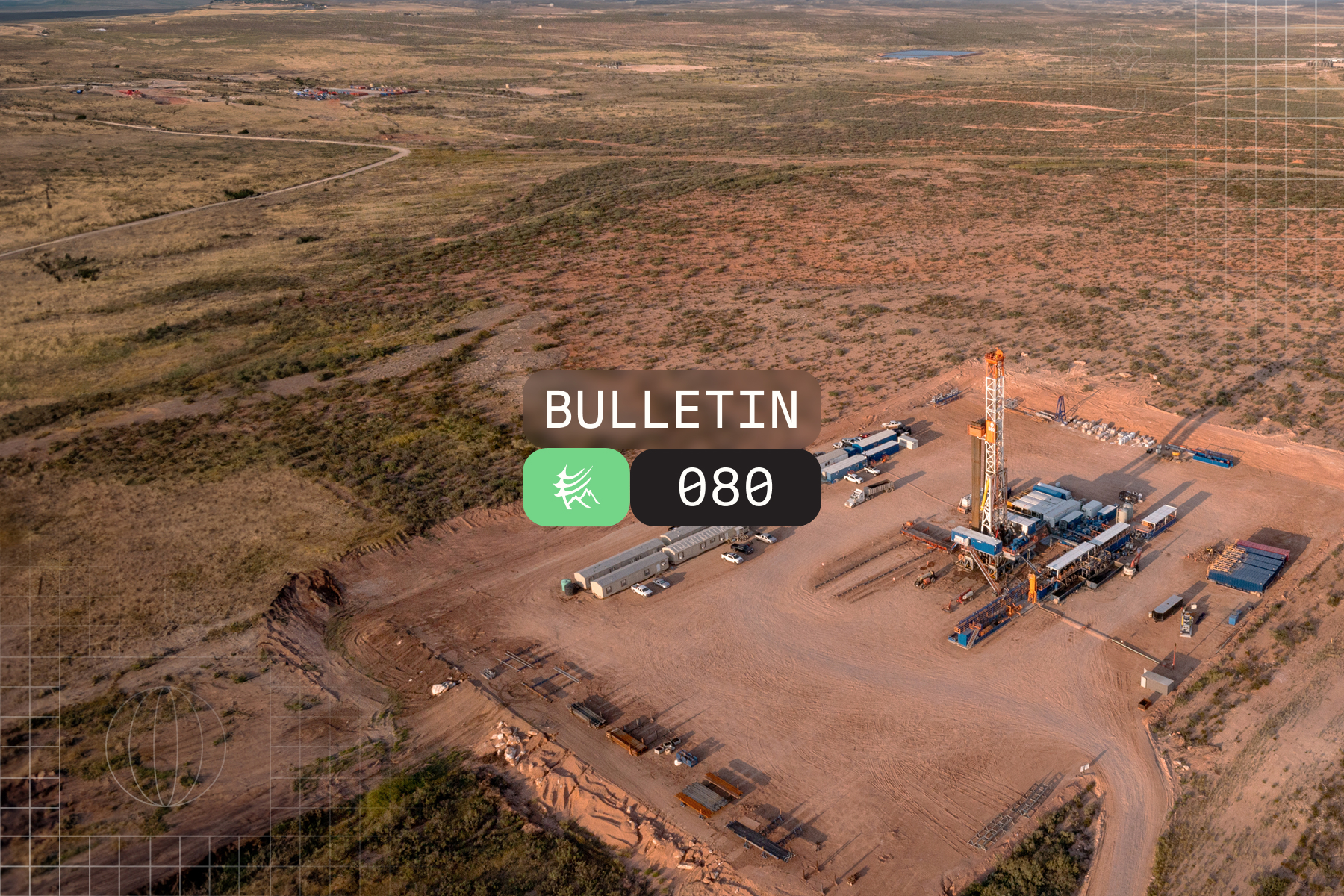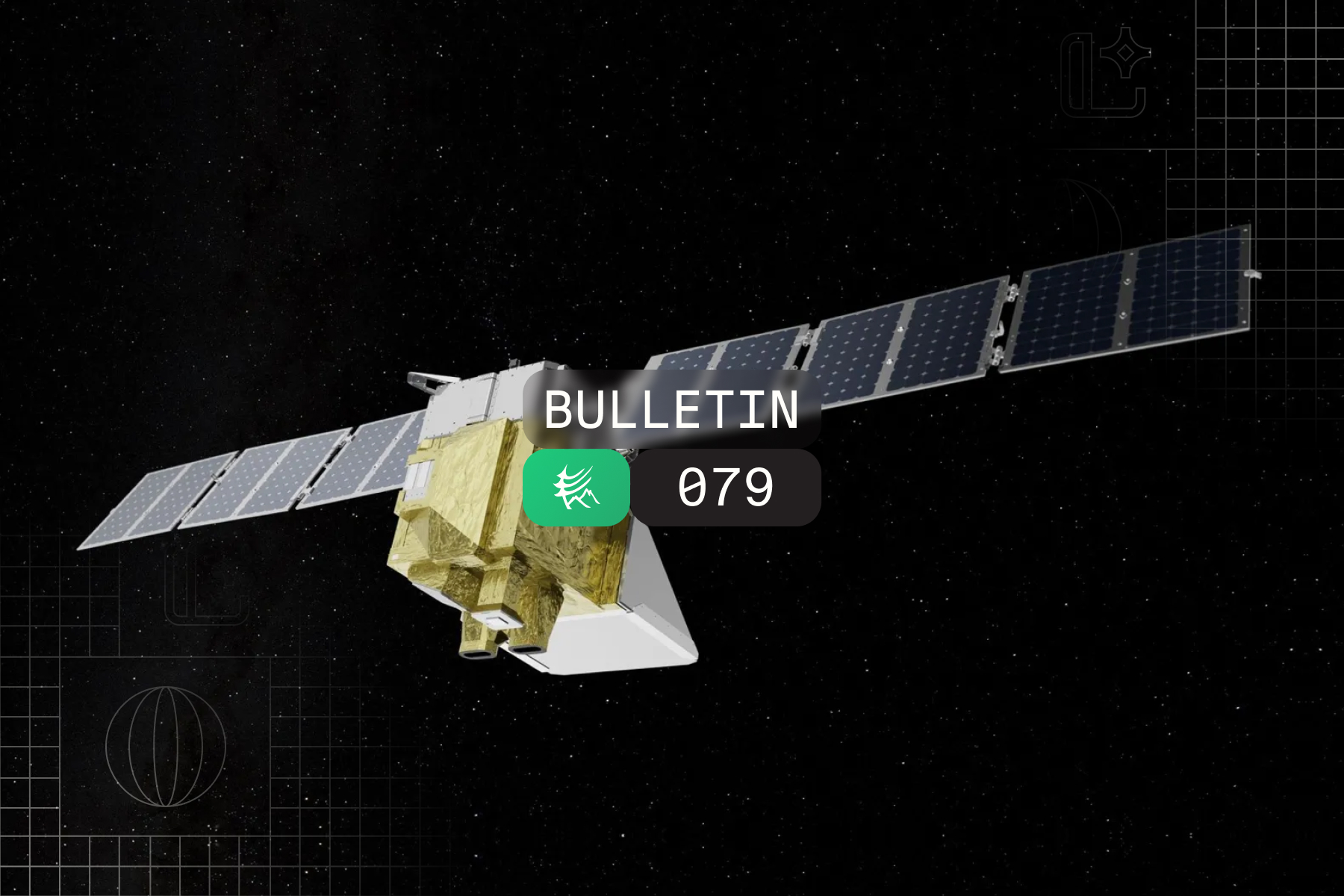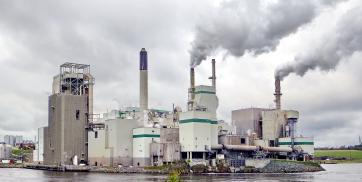LDAR-Sim published in the Journal of Cleaner Production
LDAR-Sim, an open source, agent-based numerical model for evaluating LDAR program performance, has been published in the Journal of Cleaner Production. Using LDAR-Sim can significantly reduce costs by helping producers and technology developers ensure that their chosen leak detection and repair (LDAR) technologies and programs are effective before being deployed. LDAR-Sim was developed at the University of Calgary, led by Highwood President Dr. Thomas Fox.
To read the open-access article, “An agent-based model for estimating emissions reduction equivalence among leak detection and repair programs” click here.
For an introductory overview of LDAR-Sim, check out this story map.
To use LDAR-Sim, visit the GitHub page and download the code for free!
New Oxford Report on Methane from Natural Gas and LNG
The Oxford Institute for Energy Studies published a new report, “Methane Emissions from Natural Gas and LNG Imports: an increasingly urgent issue for the future of gas in Europe”. In the past, standard emission factors were used to calculate emission measurements from gas imports. Now there is higher demand for estimates to be based on actual measurements. Europe has recently seen many countries committing to aggressive GHG reduction goals by 2030. If natural gas and LNG producers want to keep importing their product to the European market, they must work to stay relevant by understanding how methane regulations are unfolding. Read more about it here.
The 2030 federal carbon tax
When it comes to GHG reduction goals, the year 2030 is significant to Canadians as well. As part of Canada’s goal to reduce GHG emissions by 30% below 2005 levels, the federal carbon tax for fuel is set to increase to $170/tonne by 2030. The federal carbon fax is currently at $30/tonne this year. For the next 10 years, the government is pledging to spend $15 billion on climate initiatives such as funding to make homes more enegy efficient, tax write-offs, and rebates for zero-emission vehicles. Find out more here.
A Surplus of Old Carbon Credits Threatens Global Offset Market
A University College London (UCL) and Trove Research study has found that global carbon offset market efforts may be undermined by the available 600 to 700 million tonnes of old carbon credits. The authors suggest a reform of the carbon offset market because many of these old credits are considered invalid since they do not help with GHG removal. Read their article, “Carbon offset market needs radical reform“ to learn more about their 3 suggested potential routes to deal with old credits here.
ARC Energy Podcast: Clean Fuel Standard 101
The ARC Energy Research Institute has released a podcast to inform the public about the Clean Fuel Standard (CFS) policy that is currently being developed by the Canadian federal government. This policy will create rules regarding gaseous, liquid, and solid fuels. A draft of the CFS is expected sometime this month. Learn more about the pending CFS policy in this 30-minute podcast here.
New Methane Measurements by Satellite Published
In the paper, “Multi-satellite imaging of a gas well blowout enables quantification of total methane emissions", scientists used several satellites to quantify emissions from a gas well blowout in the Eagle Ford Shale east of Texas, which started on November 1, 2019 and continued for 20 days. Emissions from the blowout were quantified 10 times. To read more about the new advances in satellite remote sensing in quantifying methane emissions, click here and read their paper.
Highwood Presents on LDAR Data at CEPEI Workshop
On Dec 2nd, Highwood presented a workshop entitled “Unlocking Added Value from Leak Survey Data and Preparing for the Future” to the Canadian Energy Partnership for Environmental Innovation, which includes ATCO, Enbridge, Énergir, FortisBC, Manitoba Hydro, SaskEnergy, and TC Energy. Watch the presentation and learn about how LDAR data can add value to your emission reduction program here.
Troposphere Monitoring, Inc. acquired by Project Canary
Read about how Project Canary’s acquisition of methane-sensing company Troposphere Monitoring is helping to strengthen their data-driven ESG solutions here.
